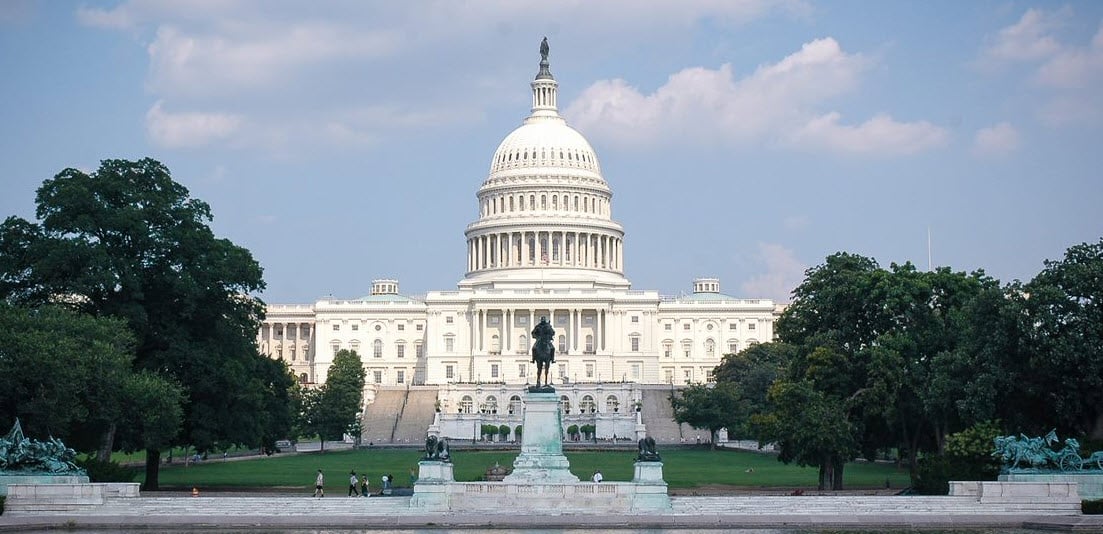On August 23, 2023, the US Treasury Department’s Office of Foreign Assets Control (“OFAC“) issued the first Determination Pursuant to Section 1(a)(i) of Executive Order (“EO“) 14014 (the “Determination“), which extends the application of section 1(a)(i) of EO 14014 to the jet fuel sector of the Burmese economy. On the same day, OFAC also published two related Frequently Asked Questions (“FAQs“): FAQ 1132 and FAQ 1133. Our blog post on the issuance of EO 14014 is available here.
The Determination
Section 1(a)(i) of EO 14014 (“Blocking Property With Respect to the Situation in Burma”) imposes sanctions on any person determined by the Secretary of the Treasury, in consultation with the Secretary of State, to operate in the defense sector of the Burmese economy or any other sector as may be determined. Pursuant to that authority, the Determination identifies the jet fuel sector of the Burmese economy as subject to these sanctions, effective August 23, 2023.
New FAQs
- FAQ 1132 clarifies that not all persons operating in the jet fuel sector of the Burmese economy are subject to sanctions but only those persons who have been determined as such. Sanctioned persons will be listed on the Specially Designated Nationals and Blocked Persons List (“SDN List“) with the program tag [BURMA-EO14014].
- FAQ 1133 clarifies that the “jet fuel sector of the Burmese economy” includes activities related to the importation, exportation, reexportation, sale, supply, or transport, directly or indirectly, of jet fuel in or involving Burma. The FAQ further explains that the Determination is specifically intended to target activities related to military regime end users in Burma, wherever situated, including, for example, jet fuel used for military resupply aircraft, state-owned aircraft used by members of the military regime, and combat vehicles, including jets and attack helicopters, used in both offensive and defensive military operations inside Burma. OFAC does not intend to target persons engaging in civil aviation-related activities in Burma, including the sale, provision, or purchase of jet fuel in connection with commercial airlines for air transportation to or from Burma but cautions that anyone wishing to supply jet fuel to persons in Burma should exercise extreme care to avoid military regime end users.






